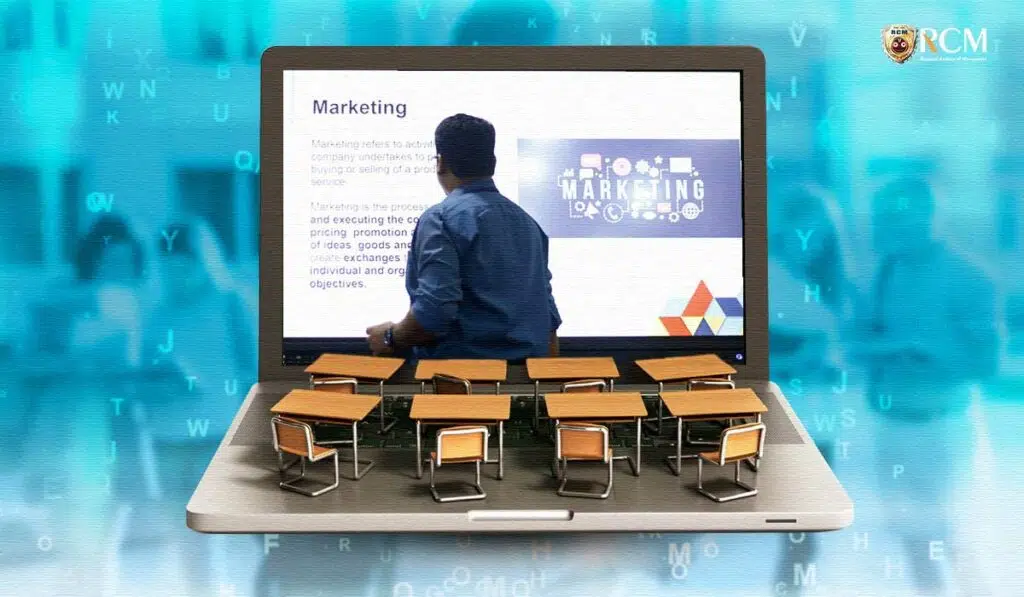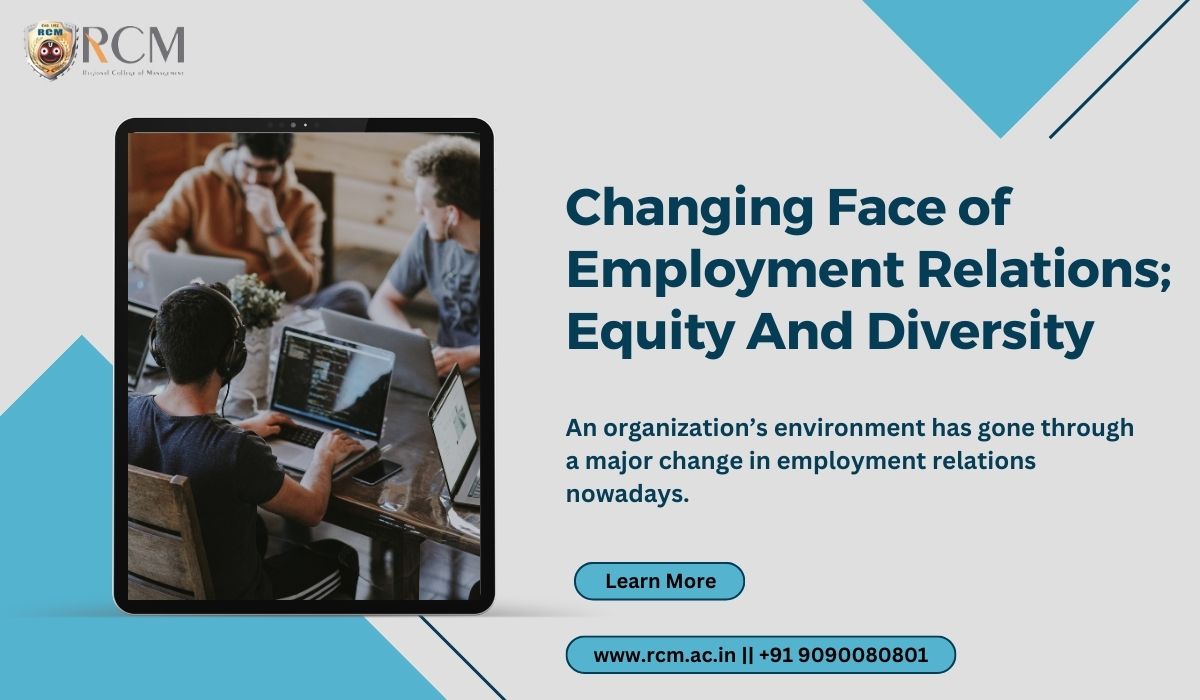For over decades, the educational atmosphere has remained constant. Physical learning is one of the best ways to get an education that will last until the end of human history. As this livelihood evolves in every possible aspect, the education pattern also sees evolution and changes. In this blog, we will talk about the digital learning experience and the overall adaptation of technology-based education. The digitalization of education has had its impact since the implementation of the web 2.0 world of the internet already. This growing change’s impact on the education system was a fruitful one on the physical learning process. The education industry is extremely conservative and cannot adjust to changes quickly. However, the global lockdowns in 2020 caused educational institutions to rethink their approach to education in a record-breaking period.
How Do Digital Trends In Education Impact The Field?
Considering a digital change in education impacts numerous areas and modifies the experiences of diverse participants in the educational process:
- Administrating a school or university,
- as well as staff experience.
- student experience.
- experience as a teacher and as a parent
As previously said, when it comes to the EdTech environment, the worldwide pandemic and post-pandemic recovery have resulted in an increase in demand for educational technology, resources, and services. Around 60% of EU educational leaders predict that when schools and universities reopen, the common approach to education will be different, with more online and distant learning than previously. To ensure a successful educational environment in the future, educational institutions and rules must be revised.
This applies more than ever to higher education institutions—the pandemic seriously undermines the value of university education, which, in addition to academic resources, provides networking and social opportunities. To remain relevant, colleges must reinvent their learning environments through digitization, which will broaden and complement student-teacher and other connections. Such major changes, however, cannot occur overnight. Policies for bringing about these changes can be divided into three overlapping stages: coping, managing continuity; and improving and accelerating.
While one of the key aims of the buffering phase was to minimise learning loss through online digital learning, the goals of the maintaining continuity and enhancing phases are more long-term.
Policies For Improvement And Acceleration, For Example, Include:
- Improving and scaling up effective pandemic response, including effective use of technology in remote-learning systems.
- Early-warning systems to prevent dropouts, more effective pedagogy and teaching approaches.
- Better support for parents, teachers, and students, including social-emotional support.
- Developing constructivist education systems that include changes to high-stakes exams, curriculum reform, investments in effective data systems.
- Long-term resilience of a system, schools, and students.
- safeguarding and improving education finance using existing measures to encourage learning recovery.
- Dropout prevention, such as federal funds, financial transfers to families (conditional or unconditional), and school fee exemptions,
Students’ Experiences Are Being Reshaped Digitally:
According to the research of top educational institutions like Stanford University, the use of virtual learning methods resulted in a 76% increase in educational effectiveness. Hence, this is a great accomplishment as compared to the traditional learning pattern. The epidemic provided a significant push for innovative virtual learning methodologies, one of which is immersive learning. So, what exactly is it, and how is it affecting the student experience?
The most crucial distinction between immersive learning and other learning approaches is that they are rooted in reality. It is used to mimic real-world scenarios, allowing students to practise real-world skills in a safe setting and become more involved in the learning process since learning is integrated into the situation by replicating the actual environment.
Artificial Intelligence To Boost Student Performance:
Today’s youngsters, regardless of age, are incredibly digitally savvy, and they judge the impact of technology from a consumer standpoint rather than an academic standpoint. Students that are willing to embrace cutting-edge technology in the classroom might benefit from AI to enhance their learning experience. This entails
- Voice-to-text technologies aid in the conversion of lectures to notes, which is beneficial not only to ordinary students but also to students with hearing impairments.
- Text-to-voice technologies facilitate more effective learning for pupils who prefer the audio format or who have dyslexia.
- Chatbots are virtual teaching assistants that help students find information quickly and teachers decrease the number of tasks they must complete on a regular basis.
The Facilities RCM Provides With Regard To The Digitalization Environment!
The Regional College of Management, Bhubaneswar, Odisha, is one of the oldest and most renowned management college. RCM has a host of options, including modernised libraries, an upgraded campus, IT laboratories, communication labs, guest accommodations, residential facilities, lecture theatres, and more. These facilities guarantee that the students have access to the most up-to-date technology, which is vital for their overall development. At RCM, it incorporates the most sophisticated ERP technology, ensuring that students have a very dynamic, pleasant, interconnected, and productive stay.
RCM’S Library:
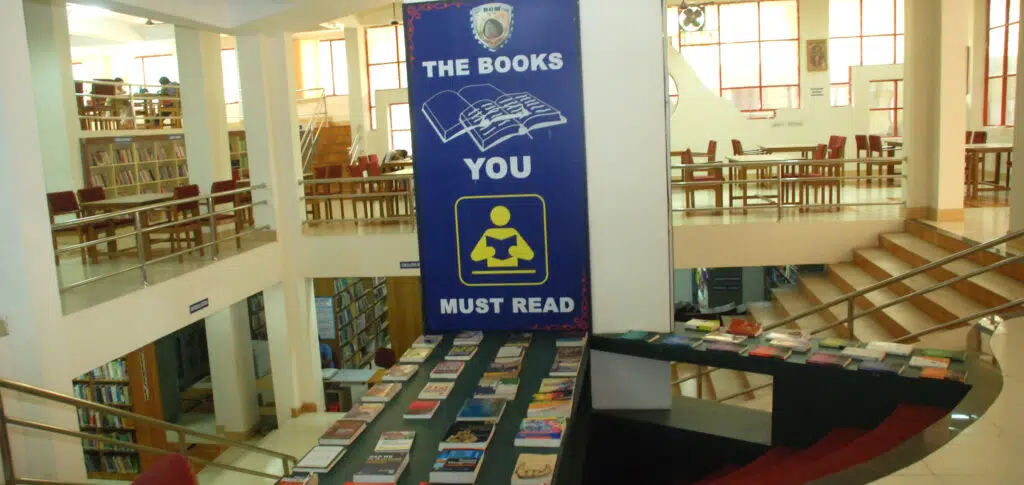
RCM’s Gyan Sagar is RCM’s digital and physical knowledge hub, with a library of approximately 25,169 books. To do the necessary research, RCM seeks out the best quality materials – academic and professional, books and journals. A reference librarian can assist visitors in locating the information they want.
‘Computer Labs’ IT Laboratories:
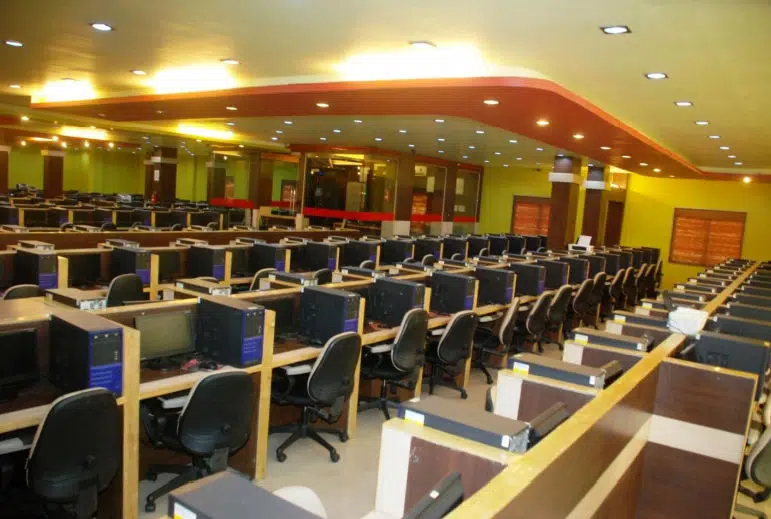
The fundamental impulse for the construction of IT laboratories that allow for cutting-edge training for all students was the growth and modernisation of RCM’s laboratories.
Communication Lab:
In collaboration with CACM, STEP-IIT, Kharagpur, a world-class center for the development of communication, soft skills, and leadership characteristics. It has been developed to provide students with individual and group teaching. The center is use to help students flourish in a variety of disciplines by enhancing their communication skills via presentations, group discussions, mock interviews, and other activities.
Lecture Theatre:
Large, air-conditioned lecture halls with seating for 150 students each, scientifically built, and providing the greatest in sitting comfort. Audio-visual instruction with 35 mm slide projectors and LCD projectors provides an advanced learning experience. When it comes to the Regional College of Management, it aims to achieve and maintain high quality in all its activities. Identify and promote talent on a regular basis and assist them in excelling in their industries.
It attempts to equip students to meet real-world issues in management, technology, and life skills and will help them succeed by improving infrastructural facilities and upgrading existing human resources.
